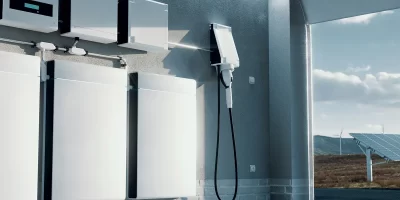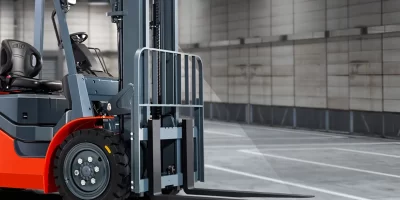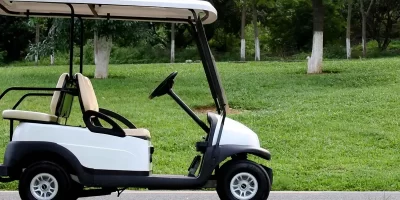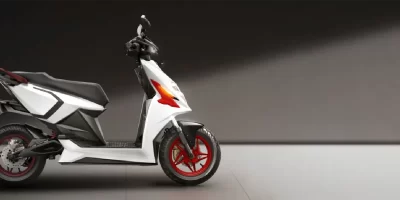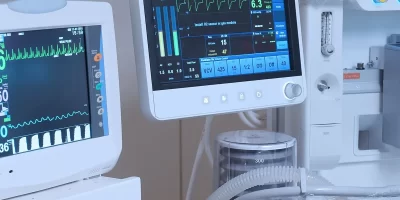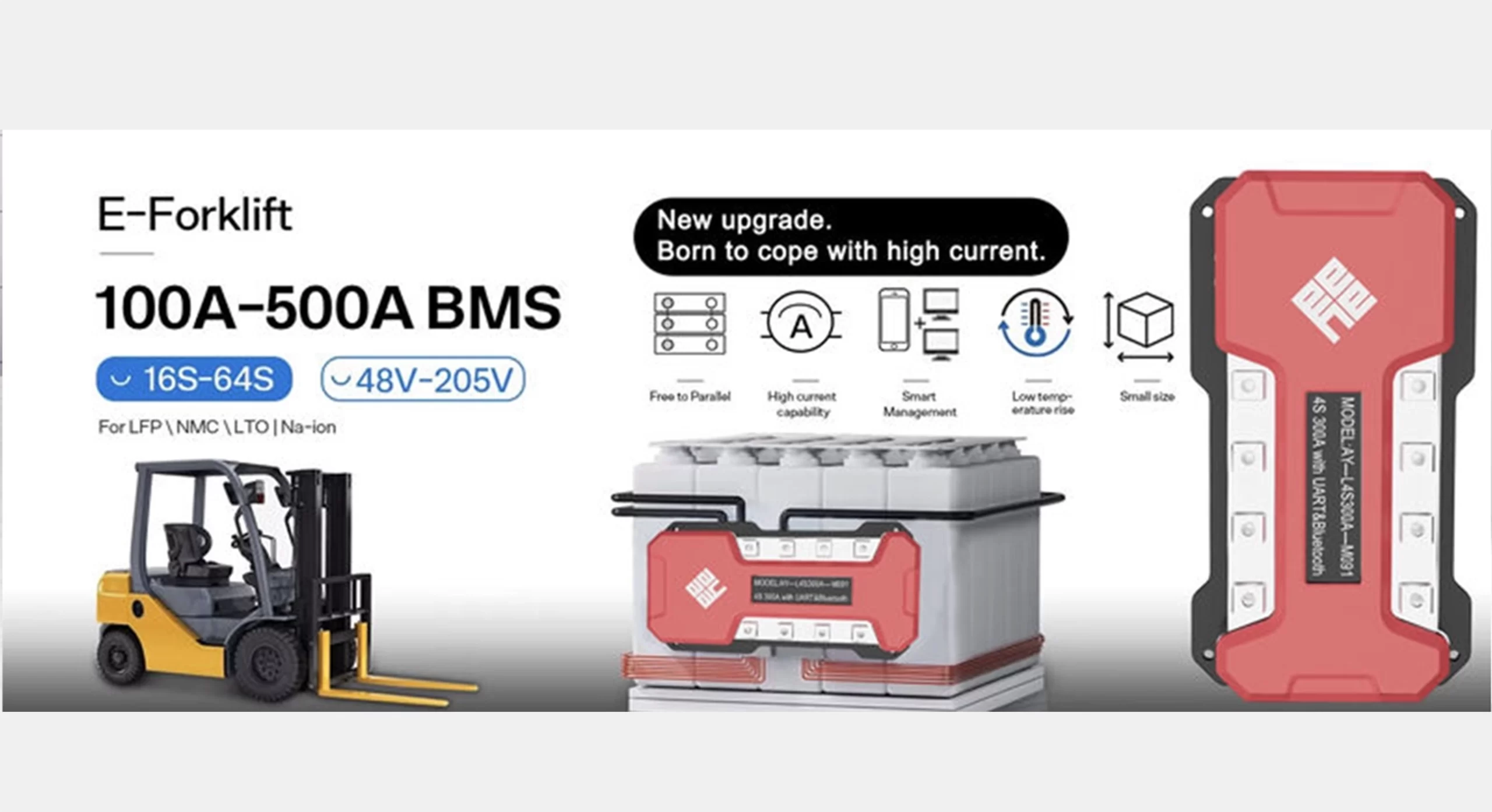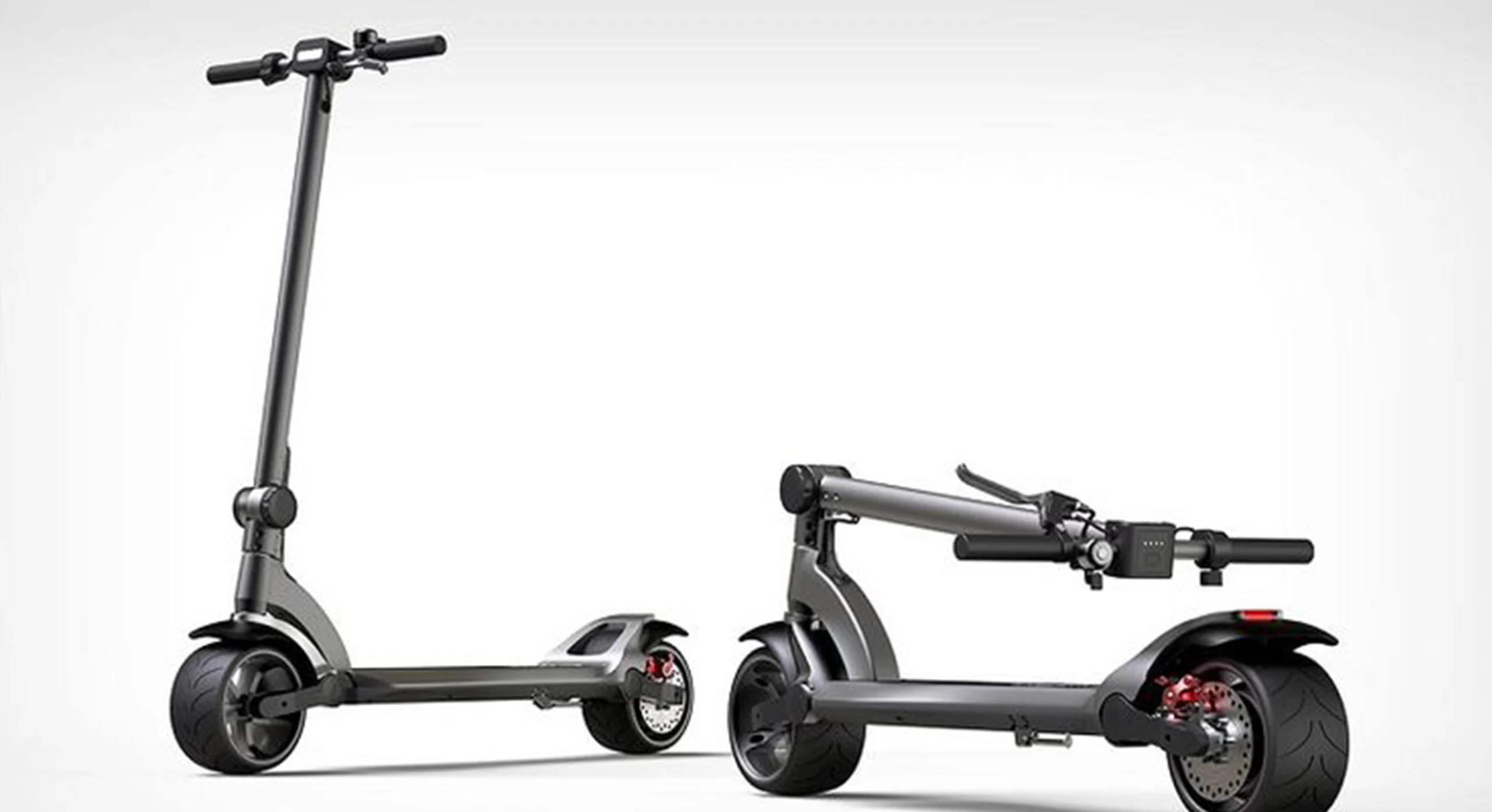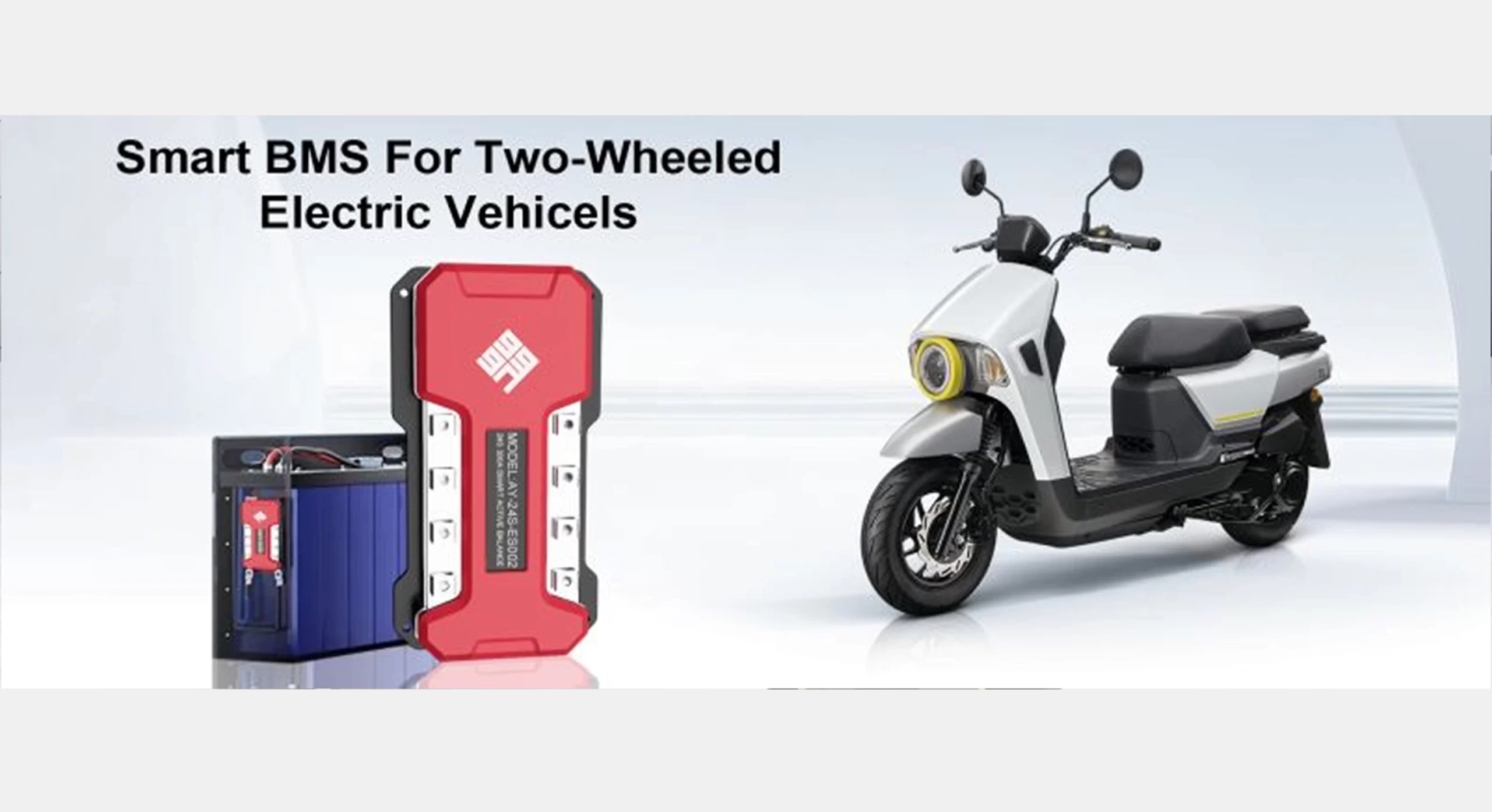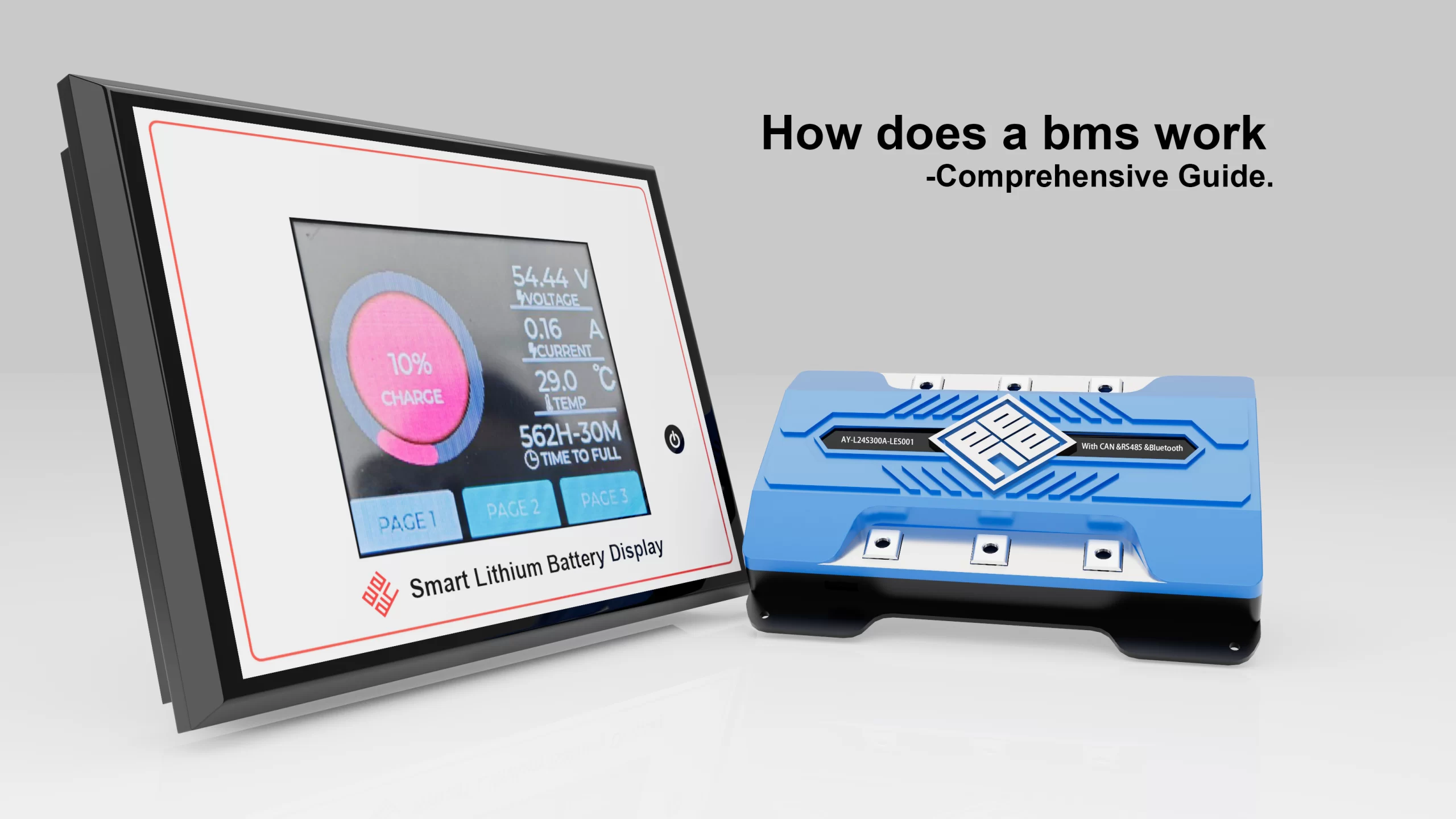Home About Us EVENTS & NEWS Best Golf Cart Batteries: 5 Ayaatech BMS Solutions Explained
Best Golf Cart Batteries: 5 Ayaatech BMS Solutions Explained
Best Golf Cart Batteries: 5 Ayaatech BMS Solutions Explained
A reliable Battery Management System (BMS) is the backbone of high-performance golf cart batteries.
It ensures safety, extends lifespan, and optimizes power delivery.
At Ayaatech, we specialize in BMS solutions tailored to diverse needs.
Below, we break down why our five flagship products stand out as the best golf cart batteries for specific use cases.
1. What Makes the 7S-24S 300A BMS a Powerhouse?

Ideal for: Heavy-duty golf carts, solar/RV hybrid systems, and extreme climates.
This 300A BMS dominates high-demand scenarios.
Its 300A continuous current handles steep hills, frequent acceleration, and extended runtime needs, making it perfect for golf resorts or mountainous terrains.
The 7S-24S voltage range (24V–72V) supports lithium, LiFePO4, LTO, and sodium-ion batteries, ensuring compatibility with nearly any cart setup.
Key advantages:
-
- Cold-Weather Readiness: Built-in heating prevents performance drops in sub-zero temperatures.
-
- Industrial-Grade Cooling: The aluminum alloy heat sink and copper PCB dissipate heat efficiently during 300A surges.
-
- Remote Monitoring: Optional 4G/WiFi lets course managers track battery health fleet-wide.
Best for: Golf carts doubling as utility vehicles (e.g., carrying heavy gear) or operating in harsh environments.
2. Why Choose the 8S-16S 200A BMS for Smart Energy Management?
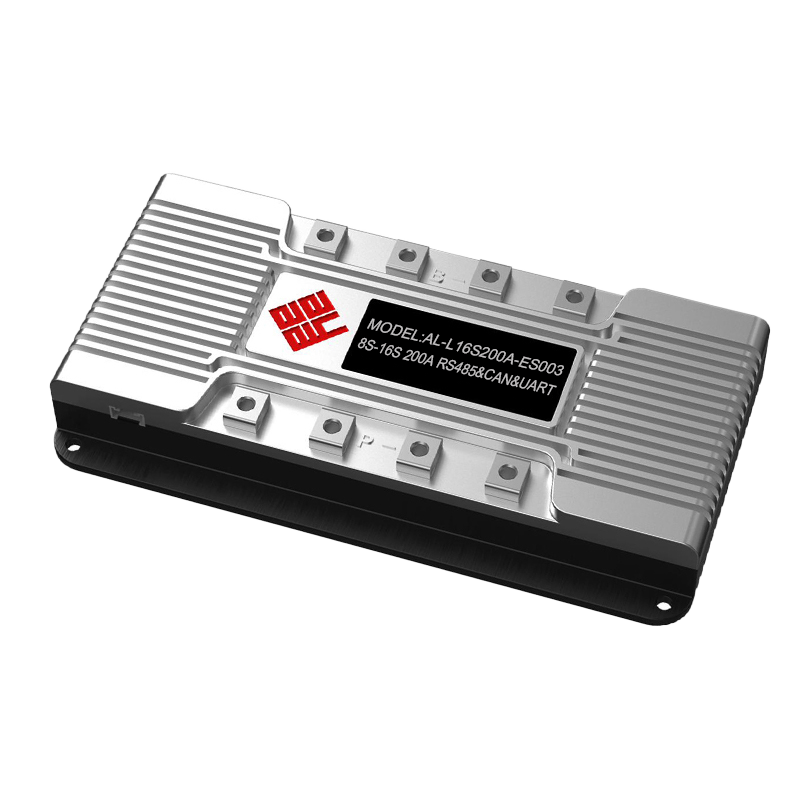
Ideal for: Tech-savvy users needing active balancing and inverter integration.
This model shines with its 2A active balancing, which redistributes energy between cells to prevent premature aging.
Golf cart owners with irregular charging habits benefit from its 20% longer battery life.
The 200A current suits mid-sized carts, while the 16S parallel expansion supports multi-battery setups for extended tournaments.
Key advantages:
-
- Inverter Compatibility: Pre-configured protocols for Voltronic, Must, and others simplify solar/grid hybrid systems.
-
- Auto-Learning SOC/SOH: Accurately displays remaining runtime and battery health.
-
- App Control: Adjust settings via smartphone—no laptop needed.
Best for: Golf communities using solar-powered carts or requiring real-time fleet diagnostics.
3. How Does the 18S-24S 200A BMS Boost High-Voltage Carts?
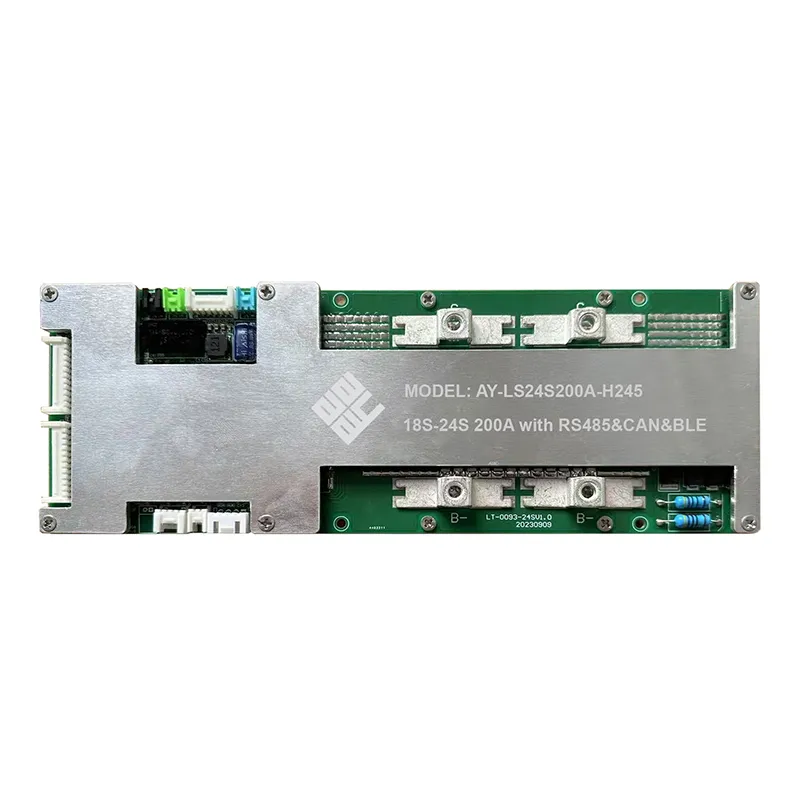
Ideal for: Commercial carts, large resorts, and high-speed custom builds.
Designed for 72V+ systems, this BMS delivers unmatched torque and speed.
The 18S-24S range accommodates high-capacity lithium packs, ideal for 8-seater carts or those hauling heavy loads.
Its 200A output ensures consistent power during peak demand, like climbing steep fairways.
Key advantages:
-
- CAN/RS485 Integration: Syncs with golf cart telemetry systems for predictive maintenance.
-
- Multi-Layer Protections: Instant shutdown during short circuits or overheating.
-
- Compact Design: Fits seamlessly into upgraded battery trays.
Best for: Luxury golf resorts or modified carts prioritizing speed and reliability.
4. Can the 16S 100A BMS Simplify Your 48V Cart Setup?
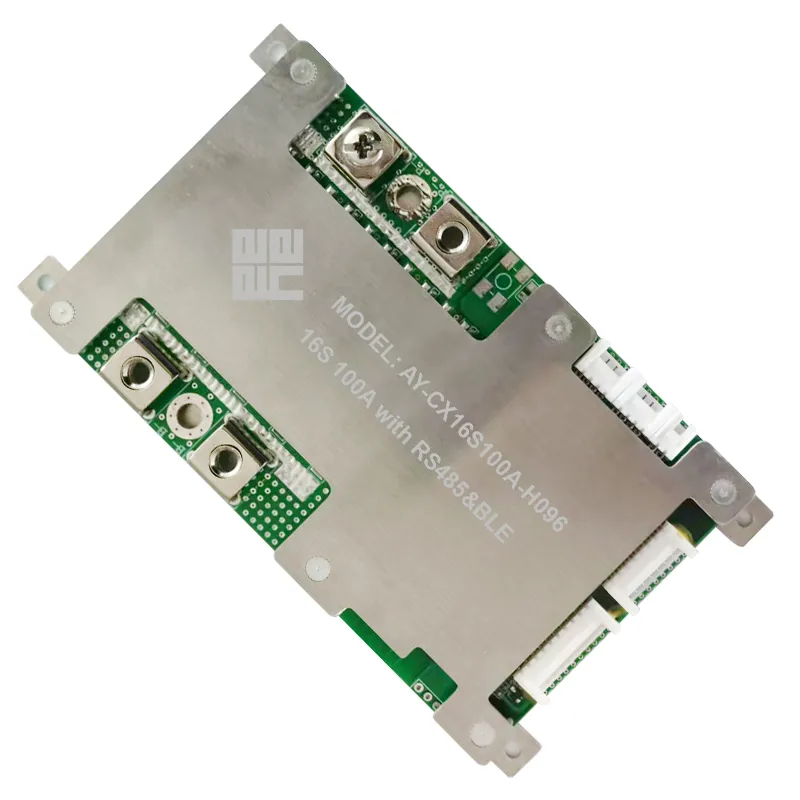
Ideal for: Budget-conscious buyers and standard 48V carts.
This no-frills BMS excels in simplicity.
The 16S configuration matches most 48V lithium packs, offering plug-and-play installation.
With 100A continuous current, it handles moderate hills and daily rounds without strain.
The RS485 interface provides basic voltage/temperature alerts via affordable third-party monitors.
Key advantages:
-
- Cost-Effective: 30% cheaper than high-current models, with essential protections intact.
-
- Cell Uniformity: Prevents voltage drift in frequently cycled batteries.
- Low Maintenance: Zero-configuration balancing for hassle-free operation.
Best for: Personal carts, small golf courses, or backup power systems.
5. Does Your Cart Need Flexible Voltage? Meet the 16S-20S 110A BMS
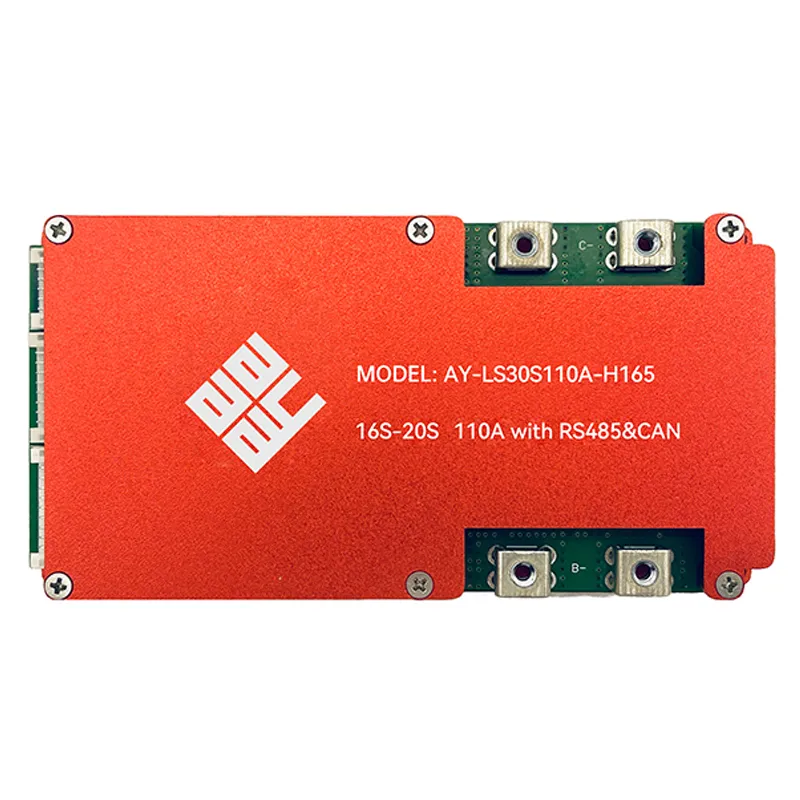
Ideal for: Multi-purpose carts and evolving battery setups.
This BMS adapts as your needs grow.
The 16S-20S range (51.2V–84V) supports incremental upgrades—ideal for users transitioning to higher voltages.
The 110A output balances power and efficiency, while the LCD screen displays real-time stats for quick diagnostics.
Key advantages:
-
- Future-Proof Design: Add cells later without replacing the BMS.
-
- Surge Resistance: Handles sudden current spikes from aftermarket motors.
-
- Jet Ski/Golf Cart Dual Use: A single BMS manages weekend toys and weekday carts.
Best for: Enthusiasts upgrading carts or sharing batteries between vehicles.
FAQ
Q1: What are the core functions of a golf cart Battery Management System (BMS)?
A1:
-
Battery Protection: Prevents overcharge, over-discharge, short circuits, and overheating to extend battery life.
-
State Monitoring: Real-time display of State of Charge (SOC) and State of Health (SOH).
-
Cell Balancing: Ensures voltage balance across multiple cells (critical for lithium batteries).
-
Communication Interface: Supports remote monitoring via Bluetooth/app (e.g., Trojan, Liontron).
Q2: How does BMS design differ between lead-acid and lithium batteries?
A2:
-
Lead-Acid BMS:
-
Focuses on voltage equalization and anti-sulfation (e.g., periodic full charging).
-
Typically simpler and lower-cost.
-
-
Lithium BMS:
-
Requires strict monitoring of individual cell voltage/temperature to prevent thermal runaway.
-
Supports high-precision balancing (active/passive balancing tech).
-
Q3: How can a BMS optimize the range of a golf cart battery?
A3:
-
Dynamic Discharge Adjustment: Optimizes output based on load (e.g., slope, weight).
-
Temperature Compensation: Adjusts charging voltage in cold weather to avoid capacity loss.
-
Deep Discharge Protection: Sets cutoff voltage (e.g., lead-acid batteries should not drop below 50% SOC).
Q4: What are the signs of a failing BMS?
A4:
-
Error Alerts: Frequent incorrect SOC readings or fault codes (e.g., “Err02”).
-
Performance Drop: Sudden range reduction or abnormal charging times.
-
Physical Damage: Overheating, burnt components, or communication failure.
-
Recommendation: Regularly check BMS logs with diagnostic tools (e.g., Victron BMV).
Q5: What are the future trends in golf cart BMS technology?
A5:
-
AI Predictive Maintenance: Analyzes historical data to predict battery degradation.
-
Wireless Integration: Connects with fleet management systems (e.g., Club Car’s Visage).
-
Fast-Charging Support: Enables high-rate charging (e.g., 1C+ for lithium) without lifespan loss.
-
Eco-Design: Supports second-life applications (e.g., repurposed for energy storage).
Conclusion
The best golf cart batteries demand a BMS that aligns with your usage, terrain, and budget.Ayaatech’s lineup covers everything from rugged 300A workhorses to adaptable 110A hybrids.
Match your cart’s voltage, current needs, and tech preferences to our solutions above—and enjoy a smoother, longer-lasting ride!
SHARE
News Recommend
-
How does AYAATECH BMS work in E-scooters
01/16/2025 -
2024 battery show in Detroit,USA.
10/08/2024


